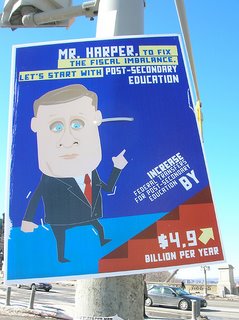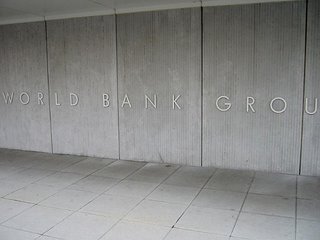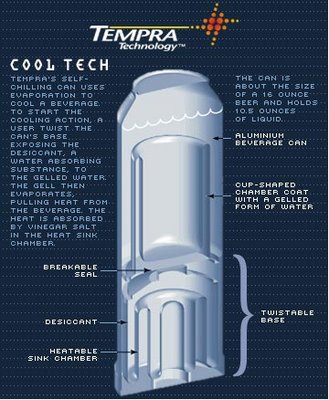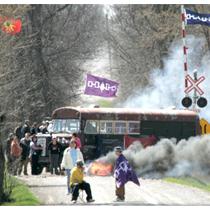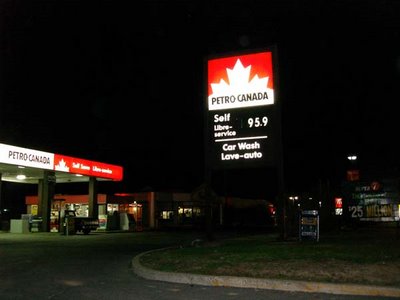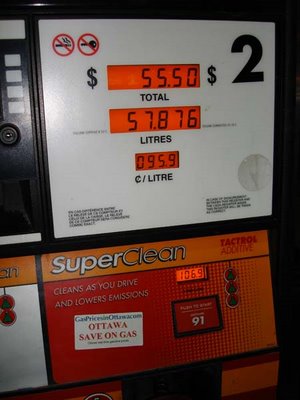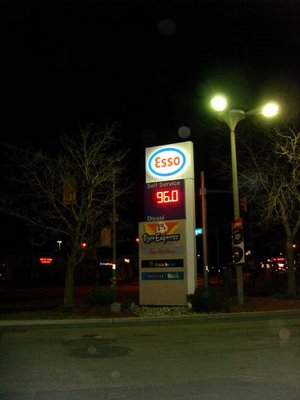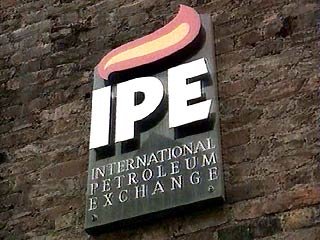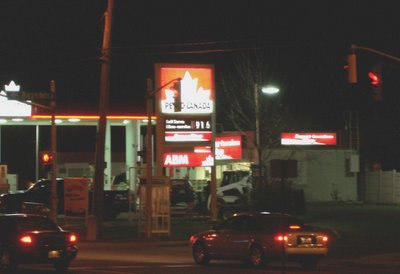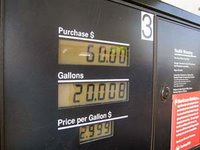rude-oil futures climbed Monday as investors remained concerned about energy production before the hurricane and summer driving seasons.
However, prices closed well below the session's high as U.S. crude inventories remained at a lofty level.
The gains reflected a range of factors like "fears from Iranian missile testing over the weekend, to ongoing Nigerian supply constraints, to a Norwegian oil workers strike, to increased investment in oil futures from traders and investors looking to get out of treasuries due to rising inflationary concerns," said Rakesh Shankar, an economist at Moody's Economy.com.
Crude for May delivery closed up 11 cents at $66.74 a barrel. Earlier, it climbed as high as $67.90 for the first time since Feb. 1, when the contract touched $70.10.
Despite the pullback from the session's high, futures prices are trading near the record of $70.85 for a front-month contract, reached Aug. 30. The May contract, however, climbed as high as $70.29 on Sept. 1.
On Friday, the May contract closed out the first quarter with a more than 9% gain, pushed higher by concern about Iran's nuclear program and Nigerian production shutdowns.
Traders "will continue to fret over the approaching hurricane and driving seasons," John Kilduff, an analyst at Fimat USA, wrote in a note to clients.
Still, U.S. inventories of crude oil stood at almost 341 million barrels for the week ended March 24, their highest level since April 1999, the Energy Department reported last week.
Meanwhile, prices for oil-derived products lost ground, which added pressure to the late-session weakness in crude.
Unleaded gasoline weakened on "optimism that refineries will be getting back to normal, and hope that they will be able to make the switch to ethanol from MTBE," said Phil Flynn, a senior analyst at Alaron Trading. MTBE is short for methyl tertiary-butyl ether and because of environmental concerns, the U.S. must completely phase out gasoline with MTBE by May.
Also pressuring product prices was "the daily confusion about the fate of the existing [gasoline] Nymex contracts," Flynn said.
The Nymex plans to terminate the New York Harbor gasoline futures contract at the end of the year. The alternative contract -- New York Harbor reformulated gasoline blend for oxygenate blending was introduced in October of last year. See a related story.
On Monday, May unleaded gasoline futures finished down 2.11 cents at $1.8632 a gallon, and May heating oil shed 0.11 cent to close at $1.8622 a gallon.
Iran, Nigeria feed output risk
"The uncertainty over Iranian supplies remains the key support for the market at the moment after the U.N. Security Council last week gave Iran 30 days to halt enrichment, even though Tehran pledged not to cut off oil supplies," said analysts at research firm Action Economics.
A weekend test by Iran of a new underwater missile during war games in the Persian Gulf, coupled with comments from military commanders that Iran is ready to react to any attack, is "likely to keep geopolitics at the forefront of oil market concerns," said Kevin Norrish, analyst at Barclays Capital.
"Iran not only seems more intransigent with every passing day, but also calls into question the sincerity of its peaceful intent with the display of new weaponry," said Kilduff.
Moreover, Iraq remains a worry. Secretary of State Condoleezza Rice and U.K. Foreign Secretary Jack Straw made a surprise weekend visit to Baghdad in an effort to end a stalemate over the formation of a new government.
Since the country went to the polls in December, Iraq's political parties have struggled to reach agreement. Pressure has grown for acting Prime Minister Ibrahim Jaafari, part of the majority Shia alliance, to step down.
"Iraq is slipping further towards civil war," said Kilduff.
Money flow
At the same time, the futures market's experiencing a sharp increase in money flowing into commodity funds as investors seek asset classes that offer the potential for a higher rate of return.
Data released Friday showed "a significant increase in speculative exposure to the energy and precious metals markets, especially in crude oil, which saw net non-commercial positions move from short to long last week," said Norrish.
Elsewhere, Edmund Daukoru, Nigerian oil minister and current head of the Organization of the Petroleum Exporting Countries, said oil prices around $60 a barrel won't harm world economic growth.
Daukoru made the comments on the sidelines of an oil conference in Nigeria. See full story.
There are also news reports of further clashes between militants and the Nigerian army at Royal Dutch Shell's abandoned oil operations in the country, said Barclays' Norrish.
Natural gas at over one-week high
Natural-gas prices rose, gaining support from strength among its energy peers as well as expectations for higher demand in the wake of nuclear facility shutdowns.
But after touching a more than one-week high, prices managed to close only modestly higher for the session.
The market saw "psychological push" from the shutdown of four nuclear reactors, reported by the Nuclear Regulatory Commission Monday, said Tim Evans, a senior analyst at IFR Markets.
"While this will certainly make room for more gas-fired generation, it still isn't clear this will fully compensate for warmer-than-normal temperatures," he said.
Natural gas for May delivery gained 3.4 cents to close at $7.244 per million British thermal units on the heels of an almost 36% drop in futures prices for the first quarter.
"Prices fell off markedly from last weeks highs, so clearly there is a significant amount of spillover from the rest of the complex," said Fimat's Kilduff.
However, "with the weather negative towards natural gas and nothing more than a minor narrowing of the annual supply surplus, there is more than ample justification for a slide in prices," he said.
MarketWatch
 Iran has defied a UN call to freeze uranium enrichment and is stonewalling efforts to determine if it is developing nuclear arms, the International Atomic Energy Agency said Friday in a report that strengthened Western calls for sanctions.
Iran has defied a UN call to freeze uranium enrichment and is stonewalling efforts to determine if it is developing nuclear arms, the International Atomic Energy Agency said Friday in a report that strengthened Western calls for sanctions.



